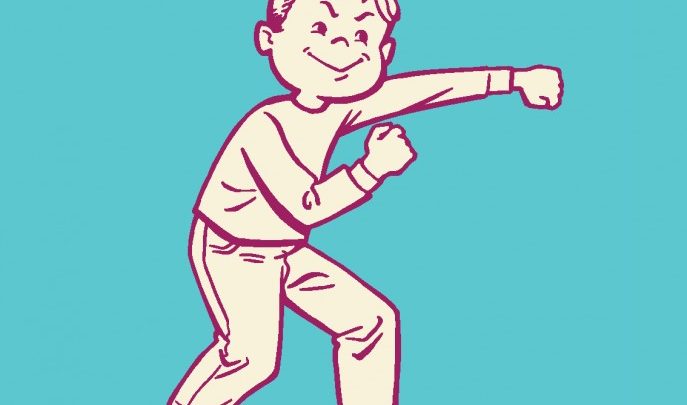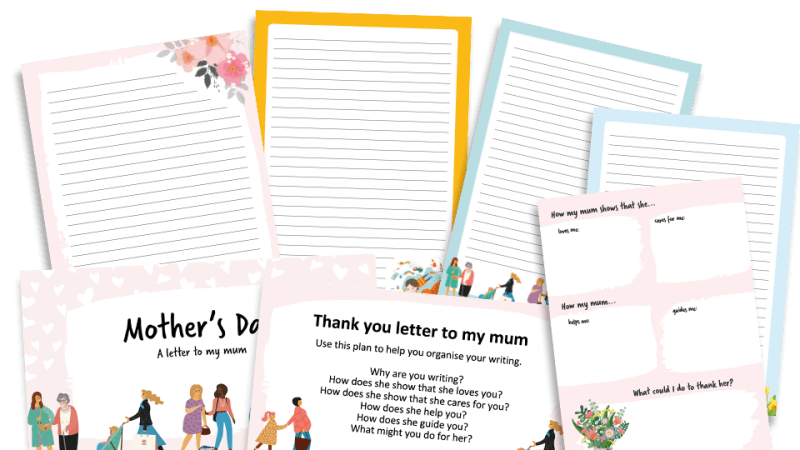How to help children socialise in early years

Learning to get along and resolve differences can be a tricky business for young children, but there are things we can do to help…

- by Sue Cowley
- Author of more than 30 books for educators Visit website

It is always distressing to see a young child use physical force against another child, to get his or her own way. Such behaviour usually indicates an inability to communicate frustrations – the child cannot express what the problem is, or control his/her emotions, and so lashes out.
Remember that the process of learning how to play with others, and how to handle our emotions when we don’t get want we want, is a normal part of early child development.
The scenario
When Owen joined your setting he settled in quickly. His parents were delighted, and so were you. You were a bit concerned that Owen did not seem to socialise well, but you hoped this would sort itself out with time. The problem was that, when Owen tried to join in, the way he approached other children was a bit too forceful. The children closed ranks and Owen’s attempts to socialise were rebuffed. A few weeks on, however, Owen’s behaviour has changed completely. Now, instead of making an attempt to join in with other children’s play, Owen approaches them and shoves them away from whatever it is they are doing. His behaviour is becoming more aggressive, and you are not sure what to do. Owen’s parents want to know why he is now upset about coming to nursery…
The issue
Some children seem naturally able to socialise well – they understand how to make friends, and quickly fit into their peer group. Others struggle with this aspect of being in an early years setting, and find it hard to learn how to play well with their peers. Some children react by retreating into themselves and by choosing to play alone. Others become aggressive when they feel they have been rejected. This can lead to a vicious cycle where the child finds it harder and harder to make friends, because of his or her behaviour.
Dealing with the behaviour
Owen needs to learn two things: how to manage his anger better, and how to socialise properly with his peers:
- Agree a consistent reaction for when Owen behaves in an aggressive way. Lead him calmly away from the situation, and take him somewhere quiet to have a chat and to think about his behaviour.
- Refer to the behaviour as the problem, rather than Owen. Use phrases that depersonalise the situation, for instance, saying “that behaviour is not nice” rather than “you were naughty”.
- Encourage Owen to consider how other children feel when he pushes them. Help him to develop empathy by asking him to explain what he thinks their feelings would be.
- Talk with Owen about what he might do when he wants to join in with a group. You could model some situations with him, to show him how to approach the other children.
- Encourage Owen to ask questions of the other children, rather than to make statements of what he wants. “What are you playing?” or “Can I join in with your game?” would work much better than “I want to play with that.”
Finding solutions
- Ask Owen’s parents whether they are seeing similar behaviour at home. Does he get chances to play with other children when he is not at your setting? If not, suggest ways that this could happen – could they take Owen to the park, or join a toddler or music group with him?
- Make an effort to note when Owen is behaving and playing well. Encourage his parents to do this at home too.
- Get Owen’s key worker to spend time playing one to one with him, to give him lots of practice at ‘playing well’. As they play together, his key worker can model the kinds of behaviours that we use to socialise in a group.
- Keep an eye on Owen during the day, particularly when he moves from one activity to another. Pre-empt the situations he finds difficult.
- Agree a consequence with Owen, for when he does shove another child. An effective approach might be to have some ‘thinking time’, where he goes with a practitioner to a quiet place, to have a chat about what he has done.
- Use rewards to motivate Owen to keep building his social skills. When he does play properly with others, you might send him home with a sticker saying “I played really well today!”.
Sue Cowley is an educational author and trainer who helps to run her local preschool.










